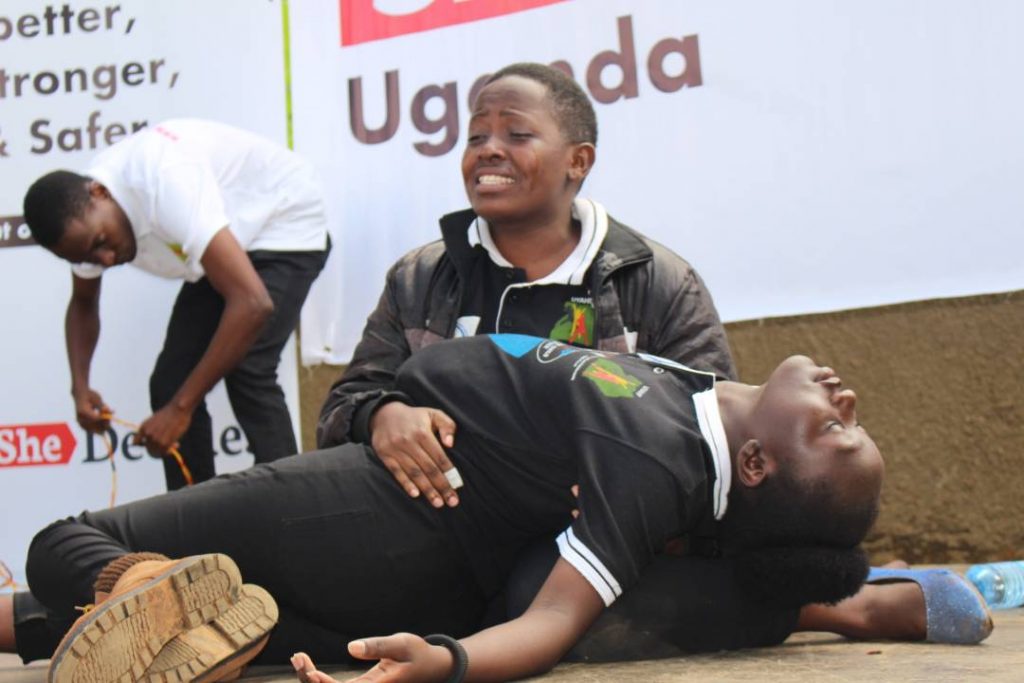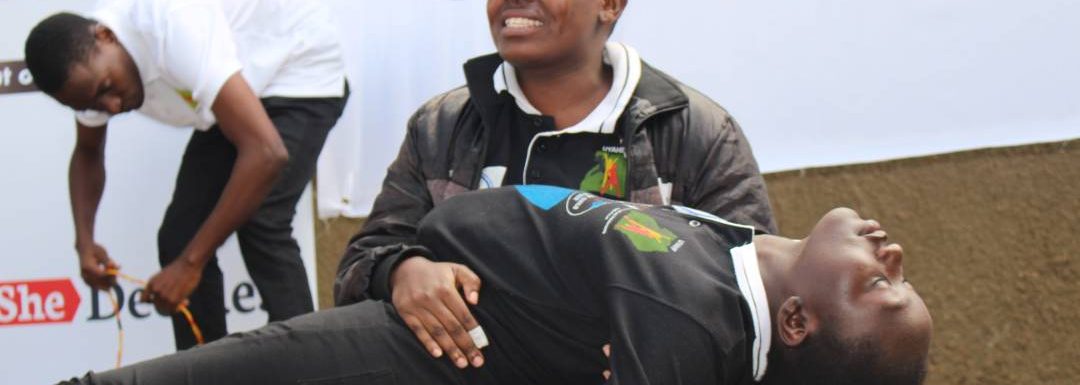
The 2nd National Girl Summit was organized by Girls Not Brides Uganda which is a national alliance of over 89 civil society organizations committed to working collectively to end child marriage in Uganda. This summit was scheduled for 26th– 27th November 2019 at Hotel Africana in Uganda, at such a timely period as the world commemorates the 16 days of activism. Child marriage is one of the brutal traditional practices that has wrecked the future for so many young girls in Uganda and globally. This is why this year’s summit was held under the theme “Securing Uganda’s Future: support the girl child to live to her full potential.” The summit also went deeper to reflect on the progress made in ending child marriage and teenage pregnancy by the government and other stake holders after the first national girl summit from last year.
The summit was a great platform for girls and teenage mothers to share their experiences and inspire others. The intention was to allow girls from different backgrounds with different stories, have a platform to be heard regarding issues affecting their lives respectively. Topics were chosen by girls depending on their personal stories and experiences as well as the most pressing issues that concern them as young girls in their communities. The summit also brought together different speakers and the Guest of Honour King Oyo Nyimba Kabamba Iguru Rukidi IV whose message clearly urged all stakeholders to continue working together in order to put an end to child marriage in Uganda. We were engaged to learn from how global partnerships have joined efforts in addressing child marriage. This is a practice that different organizations/ countries can fully use to curb down child marriage since this is an issue that cuts across multiple development sectors including education, health, culture, religion and child protection. Regional alliances have played a significant role in ending child marriage around the world. The summit also gave us chance to consider where their work fits into the bigger picture. We reflected about how to ensure that working together increases our impact? How do we ensure that work at the global, regional and national levels is better grounded in the realities of the communities where child marriage is taking place?
Day two of the summit was made up with a number of interactive sessions. I was present during the Girl chat on Leaving No Girl Behind convened by Uganda Youth and Adolescents Health Forum. Faridah Rwanda, a refugee from DRC was hosted to share her life story about how she managed to become a youth champion in Kyaka II refugee settlement camp, this was very inspirational not only for the young girls in the room but also the adults. This was fascinating because she went ahead to share some issues leading to child marriage in vulnerable communities such as refugee camps. The meaning of child marriage is very damaging especially for the lives of young girls. Child marriage means poverty, inequality, HIV/AIDS, STI’s, zero opportunities for girls to attain education and exposure to death especially due to giving birth and violence. All these results clearly mean that there is no girl/ community that will flourish as a result of child marriage. It is therefore everyone’s role to fight against child marriage in their community.
I was delighted to represent the Twekonyere project during the summit while I engaged in a panel discussion about why we need data in the work we do in our communities. Data plays a key role in understanding what must be done to overcome barriers girls face while fending for their full potential. Results from research carried out in Buswekera, Hoima district showed me that 70% of the girls raised issues concerning menstrual hygiene management. This shaped one of Twekonyere Projects’ goals because we know that poor menstrual hygiene management is also one of the causes of child marriage and teenage pregnancy in Uganda. When statistics tell us that 40% of young girls are married off before their 18th birthday, we should then lay unique strategies about how we can reduce this percentage in our different commitments. My observation is that there is no where it is written/ captured that child marriage has ever saved a family/ community from poverty. Nowhere at all! Child marriage will actually push Uganda’s future away from sustainable development. Child marriage deems the light for young girls to see their future. It is therefore upon us to go exactly where these harmful traditional practices still thrive and push for change. In this regard, I stand strong in solidarity with Girls Not Brides Uganda to say no to child marriage in Uganda and the world at large.


Leave a Reply